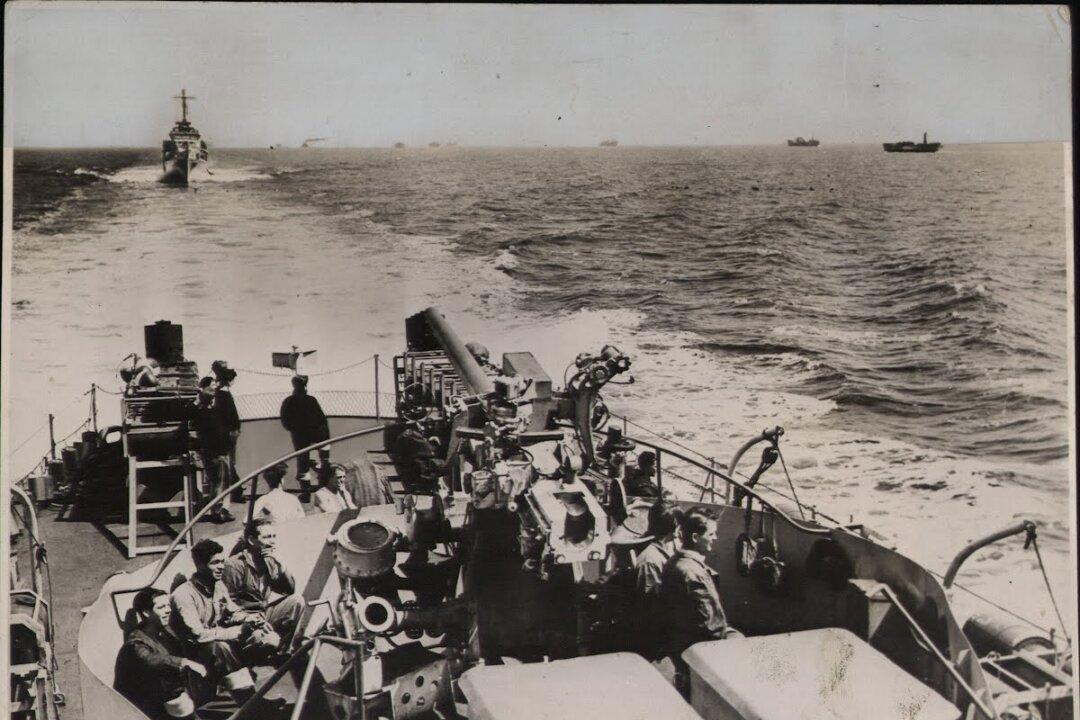For fans of the HBO series “Band of Brothers,” the name Ronald Speirs is very familiar. He was a fan favorite due to his bravery, stoicism, and enigmatic nature. The new book “Fierce Valor: The True Story of Ronald Speirs and His Band of Brothers” by Jared Frederick and Erik Dorr proves that this portrayal was quite accurate.
The military life of Speirs is worthy of a biography. His exploits during D-Day on through the Battle of the Bulge and the end of World War II, as well as service during the Korean War and contributions during the Cold War era, are a testament to a man who personified brilliance on the battlefield.






